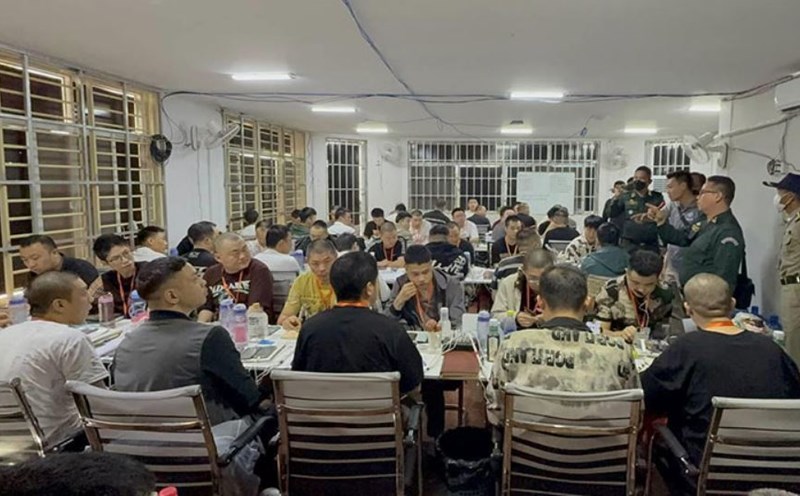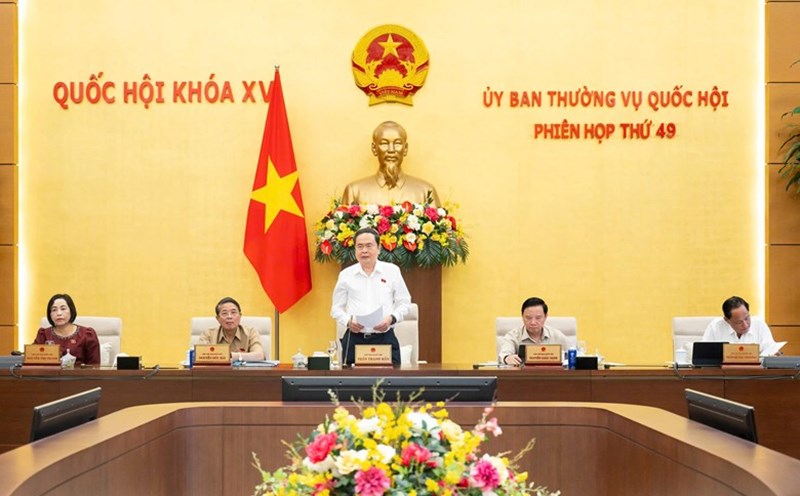Bangkok Post reported that the Thai Immigration Department has just denied the accusations in a Reuters investigation, claiming that border gate officials were involved in kidnappings of foreigners sent to Myanmar to work at online fraud centers. However, the wave of suspicions is rising as the statements of many victims are unbelievably matched.
According to Reuters' investigation report Scammed into Scamming, 9 people from Africa and Asia who were tricked into being sent to Myanmar to work in fraud villages in the 2022-2025 period all recounted the same scenario: Being escaped through two international airports in Bangkok by people wearing the same uniforms as immigration staff, then taken directly to the Myawaddy border, where there is hell KK Park - a notorious scam gang.
One of the witnesses was Oly, a 39-year-old IT expert from East Africa. He said that when he landed at Bangkok airport in November 2024, it was the immigration staff who " handed him over" to the group of people wearing hotel uniforms. But instead of the car taking him to his residence, he was taken straight to the border and was subjected to forced labor.
Thailand reacted strongly. In a statement issued on September 20, Chief of Police Choengron Rimpadee, Commander of the Immigration Department of Area 2, affirmed that this was information " distorted, fabricated".
He said he had checked data on 62 border crossings named near the Oly breed in November 2024, only discovering two Africans - one Uganda man and one Kenyan woman - who were completely without Ethiopia citizens.
Mr. Choengron also emphasized, "even senior officers who want to enter restricted luggage areas must have a special passport, let alone pay for hotel staff".
At the same time, he said that since January 2025, Thailand has tightened screening for people at risk of being trafficked, checking visas, round-trip tickets, accommodation plans, etc. and has denied more than 16,500 cases.
However, Kenyan Ambassador to Bangkok Lindsay Kiptiness, who directly rescued hundreds of citizens locked up in fraud centers, affirmed that many Kenyan victims had consistent statements: They were allowed to cross the border gate by officers in uniforms. He said he had provided detailed information to the Thai side but "not received any response".
In parallel with this controversy, the Central Bank of Thailand warned that many more bank accounts could be frozen during the process of scanning the "mule" account - the intermediary account used by fraud gangs to launder money.
Ms. Daranee Saeju, Deputy Governor of the Central Bank of Thailand in charge of consumer protection, said that a series of accounts have been frozen and the authorities are coordinating with the Online Anti-Fraud Office (AOC) to track down and return money to the victims.











